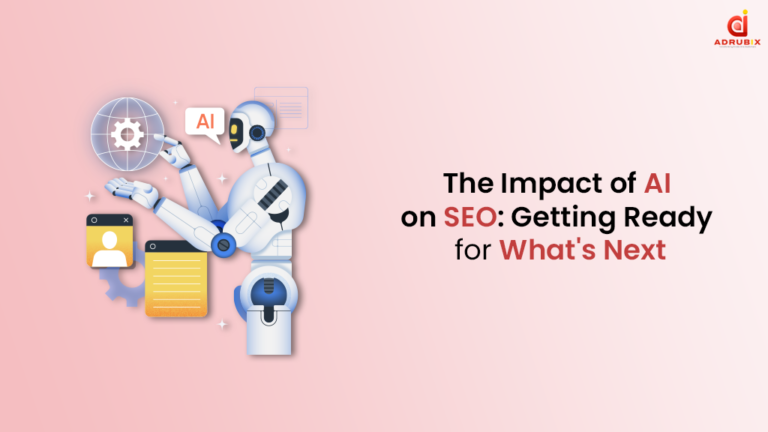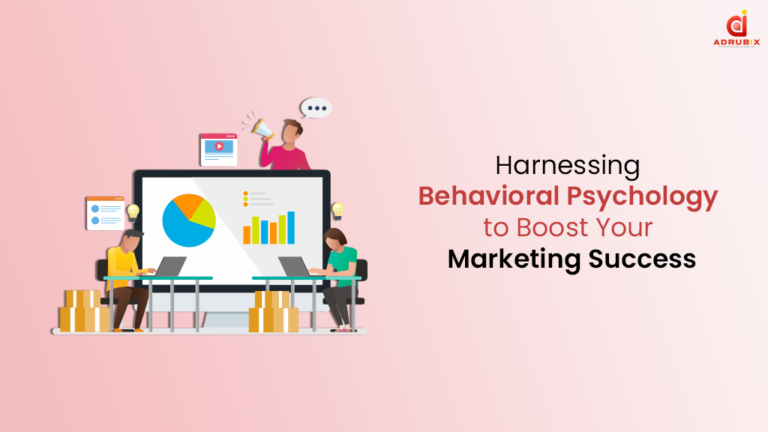The Impact of AI on SEO: Getting Ready for What’s Next
The world of SEO in digital marketing is evolving rapidly, and one of the biggest drivers of this change is artificial intelligence (AI). As AI continues to advance, it’s transforming how search engines operate, how content is ranked, and how marketers need to approach their strategies. Preparing for these changes is crucial for anyone involved in digital marketing who wants to stay ahead of the curve.
How AI is Changing SEO
AI is already making a significant impact on SEO in digital marketing. Search engines like Google are using AI to better understand user intent, deliver more relevant results, and even predict what users might be searching for next. Here are some key areas where AI and SEO are intersecting:
- Content Relevance and Quality: AI algorithms are becoming increasingly sophisticated at evaluating the relevance and quality of content. This means that simply stuffing keywords into your content is no longer enough. Instead, search engines are prioritising content that truly answers user queries, provides value, and is well-structured. For marketers, this means focusing on creating high-quality, user-focused content that meets the needs of your audience.
- Voice Search Optimization: As AI-powered voice assistants like Siri, Alexa, and Google Assistant become more popular, voice search is becoming a bigger part of SEO in digital marketing. Voice searches are often longer and more conversational than typed queries, which means that content needs to be optimised for natural language and long-tail keywords. Preparing for this shift involves thinking about how people speak and structuring your content to match those patterns.
- Personalization and User Experience: AI enables a more personalised user experience by analysing data and tailoring search results to individual users. This means that two people searching for the same term might see different results based on their search history, location, and preferences. For marketers, understanding how to optimise content for personalised search results is becoming increasingly important.
Preparing for the AI-Driven Future of SEO
As AI and SEO continue to evolve together, digital marketers need to adapt their strategies to stay competitive. Here are some steps to prepare for the changes ahead:
- Focus on High-Quality Content: The days of keyword-stuffing and thin content are over. With AI algorithms focusing more on content quality and relevance, it’s essential to invest in creating content that is valuable, informative, and engaging. This not only improves your chances of ranking well but also enhances the user experience.
- Optimise for Voice Search: As voice search becomes more prevalent, optimising your content for natural language and long-tail keywords is crucial. Think about how people ask questions out loud and create content that answers those queries directly. This might involve adding FAQs, creating more conversational content, and focusing on mobile optimization.
- Leverage Data and Analytics: AI thrives on data, and so should your SEO strategy. Use data analytics to understand your audience better, track their behaviour, and identify trends. Tools like Google Analytics, SEMrush, and Ahrefs can provide valuable insights into how your content is performing and where you can make improvements.
- Stay Updated on AI Developments: The relationship between AI and SEO is constantly evolving. To stay ahead, it’s important to keep up with the latest developments in AI technology and how they’re affecting search engine algorithms. Follow industry blogs, attend webinars, and participate in forums to stay informed about the latest trends and best practices.
- Embrace Machine Learning Tools: Machine learning, a subset of AI, can help automate and improve your SEO efforts. Tools like BrightEdge, MarketMuse, and Clearscope use machine learning to analyse content, suggest improvements, and predict how well your content will rank. By incorporating these tools into your strategy, you can optimise your content more effectively and efficiently.
The Role of AI in Future SEO Strategies
Looking ahead, AI will continue to play a pivotal role in shaping the future of SEO in digital marketing. As AI technology becomes more advanced, it will likely lead to even more personalised and dynamic search results, making it essential for marketers to stay flexible and innovative.
One potential development is the increased use of AI-driven content creation tools. While human creativity will always be valuable, AI can assist in generating content ideas, drafting articles, and optimising content for search engines. This can save time and resources while ensuring that your content is aligned with current SEO best practices.
Another area to watch is the impact of AI on visual and video search. As AI technology improves, search engines are getting better at analysing images and videos, which could lead to new opportunities for optimising visual content. Marketers should start thinking about how to optimise their visual content, including using descriptive file names, alt text, and metadata.
Conclusion
The future of SEO in digital marketing is undoubtedly intertwined with the advancements in AI. As AI and SEO continue to evolve, marketers need to adapt by focusing on high-quality content, optimising for voice search, leveraging data, and staying updated on the latest trends. By preparing for these changes now, you can ensure that your SEO strategy remains effective in the AI-driven landscape of tomorrow.
In this rapidly changing digital landscape, those who embrace AI’s role in SEO will be better positioned to succeed, driving more traffic, engagement, and conversions for their brands.





